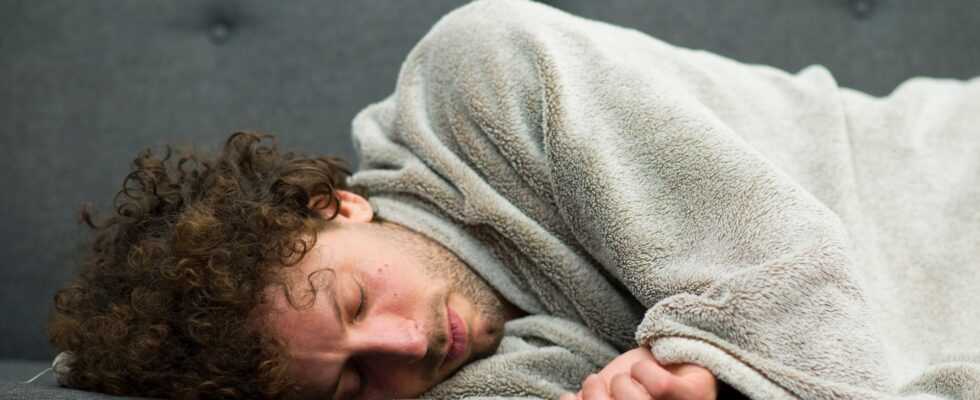Many people with depression and other mental illnesses sleep poorly. A German research team reports in the “Journal of Sleep Research” that inpatient therapy in a psychosomatic clinic can alleviate these sleep disorders. The group evaluated information from more than 11,000 patients who had been treated at Schön Klinik Roseneck am Chiemsee by 2020. Before the stay and on discharge, they answered questions about their night’s rest: how often they took sleeping pills or slept poorly because they lay awake late, had nightmares or woke up in the middle of the night.
The three researchers, including the medical director of the clinic, Ulrich Voderholzer, wanted to find out how the quality of sleep had changed at the end of the treatment and what role the diagnosis played in this. They differentiated between depression, phobias and other anxiety disorders, obsessive-compulsive, eating and somatoform disorders, trauma-related disorders, including post-traumatic stress disorder in particular, and personality disorders, predominantly the emotionally unstable personality disorder, also known as »borderline«.
In all diagnoses, sleep was disturbed, as measured by the average score in the sleep quality questionnaire used. Number one for nocturnal suffering: post-traumatic stress disorder, for which sleep disorders and tormenting nightmares are particularly typical. In these patients, the symptoms improved only slightly on average. The second most affected were people with recurrent depression. They also continued to suffer from sleep disorders after the hospital stay, but to a noticeably milder extent. Sleep quality was least affected in obsessive-compulsive disorder and phobias. Unfortunately, what the study lacks is a waiting control group that would allow the observed effects to be compared.
